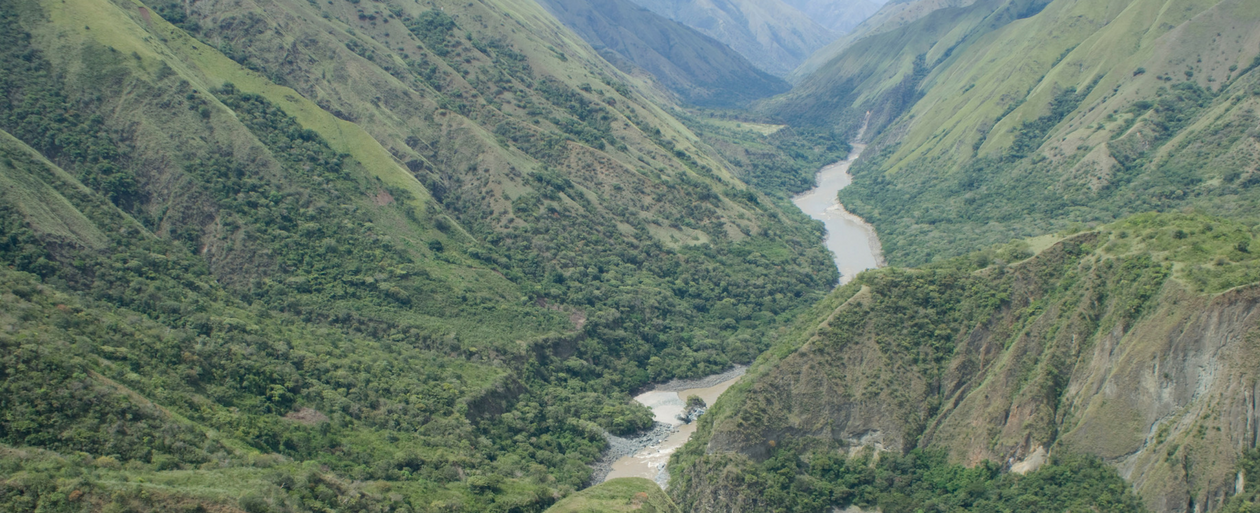
The Ituango hydroelectric dam on the Cauca River, Colombia’s largest hydropower project to date, was slated to bring millions of dollars and a host of detrimental environmental impacts to the country and its people. For the many locals who live near the project, their ways of life have been severely altered by the construction – and the icing on the cake was a flood that occurred last month.
On May 12th, water burst through the Hidroituango dam construction site, which left 600 people homeless and destroyed two bridges, two schools, and a health center.
According to International Rivers, as of May 22nd at least 25,000 people have been evacuated due to the dam flooding, and many evacuees are in tent shelters without adequate government aid after being transported to surrounding areas. If no action is taken to repair the damaged dam, it could burst entirely and affect 100,000 people downstream.
“Communities are losing their way of life,” Isabel Cristina Zuleta, an activist with local organization Ríos Vivos, told The Guardian, “There’s no humanitarian assistance here, it’s total abandonment – there’s no shelters, no food, no anything.”
For nearly a decade, Global Greengrants Fund has supported Ríos Vivos in their efforts to resist against the Ituango hydroelectric dam and other mega-dam projects across Colombia. Funding from Greengrants has enabled Ríos Vivos to host national meetings of communities affected by dams, publish reports on the environmental and human rights impacts of hydroelectric projects, and develop and strengthen a “Living Rivers” movement across Colombia. One grant was even used to implement small-scale alternative energy projects in a dam-affected community, with the long-term goal of transforming the Colombian energy model to be less reliant on environmentally harmful development.
Even for years before the flooding catastrophe, Ríos Vivos has challenged the governmental and corporate forces of power which support Hidroituango. In response, those forces of power have retaliated against these environmental human rights defenders with physical threats and attacks, repression, and harassment.
Given our community’s involvement with the Ríos Vivos movement in Colombia, we were deeply saddened to learn that three community leaders who were active in the resistance of the Ituango hydroelectric dam project were shot dead by unknown assailants last month. Two of the victims were members of Ríos Vivos who were vocal in their opposition of the project. These tragic murders follow the global trend of a dramatic increase in the number of violent incidents involving human rights defenders.
At this time, our thoughts are with the many people who have been affected by Colombia’s largest dam crisis – and the activists on the ground there who continue to fight for their ways of life and the environment during this very difficult time.
